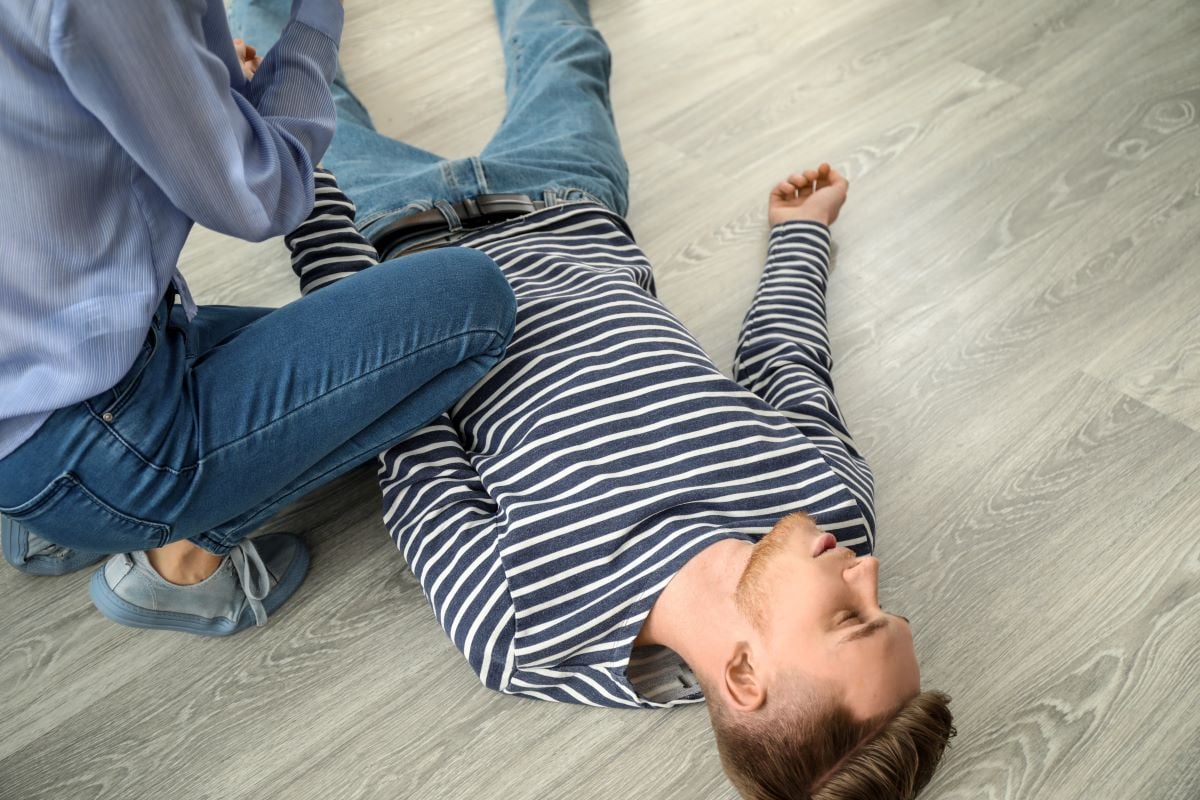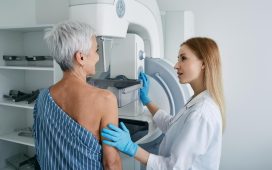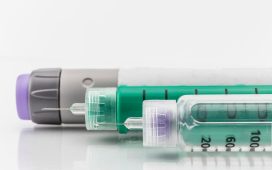Overdose deaths have increased fourfold during the past two decades in the United States
By Physician’s Briefing Staff HealthDay Reporter
MONDAY, Aug. 26, 2024 (HealthDay News) — More than three in four people (77 percent) say they would not know how to respond if they saw someone having an opioid overdose, according to survey results from The Ohio State University.
“While I’m not surprised about this result, I am deeply concerned because we know that the more of us who are prepared to save a life, the more lives we can save,” said Trent Hall, M.D., an addiction medicine physician at Ohio State.
Overdose deaths have increased fourfold during the past two decades in the United States, Hall said. An estimated 293 people die from a drug overdose every day, making it the leading cause of accidental death in the United States, according to the National Center for Health Statistics.
Two U.S. Food and Drug Administration-approved drugs are now available to reverse an overdose caused by opioids like heroin or fentanyl, experts noted. Naloxone and nalmefene, sold under the brand names Narcan and Opvee, are simple-to-use nasal sprays that block the effects of opioids on the brain and body. However, most people say they would not be comfortable administering the drugs, the survey revealed.
“Some people tell me that they’re nervous or uncomfortable with the idea of using naloxone to save a life,” Hall said in a university news release. “But there’s nothing more terrifying than being in the moment, seeing someone who’s having an overdose, and being powerless to help. Carrying naloxone empowers you to save a life in your community.”
Naloxone is available over the counter without a prescription and also can be obtained for free from many community-based programs, researchers noted.
“We know that we’re losing more than 100,000 lives in the United States every year due to drug overdose,” Hall said. “Naloxone has saved countless lives across this country. We’ll really never know how many lives have been saved because so many overdoses go unreported.”
Naloxone should be administered if someone is unconscious, not breathing, and unable to respond when gently shaken, experts said. If a person has passed out but is not suffering from an opioid overdose, administering naloxone will not cause them any harm.
Copyright © 2024 HealthDay. All rights reserved.








